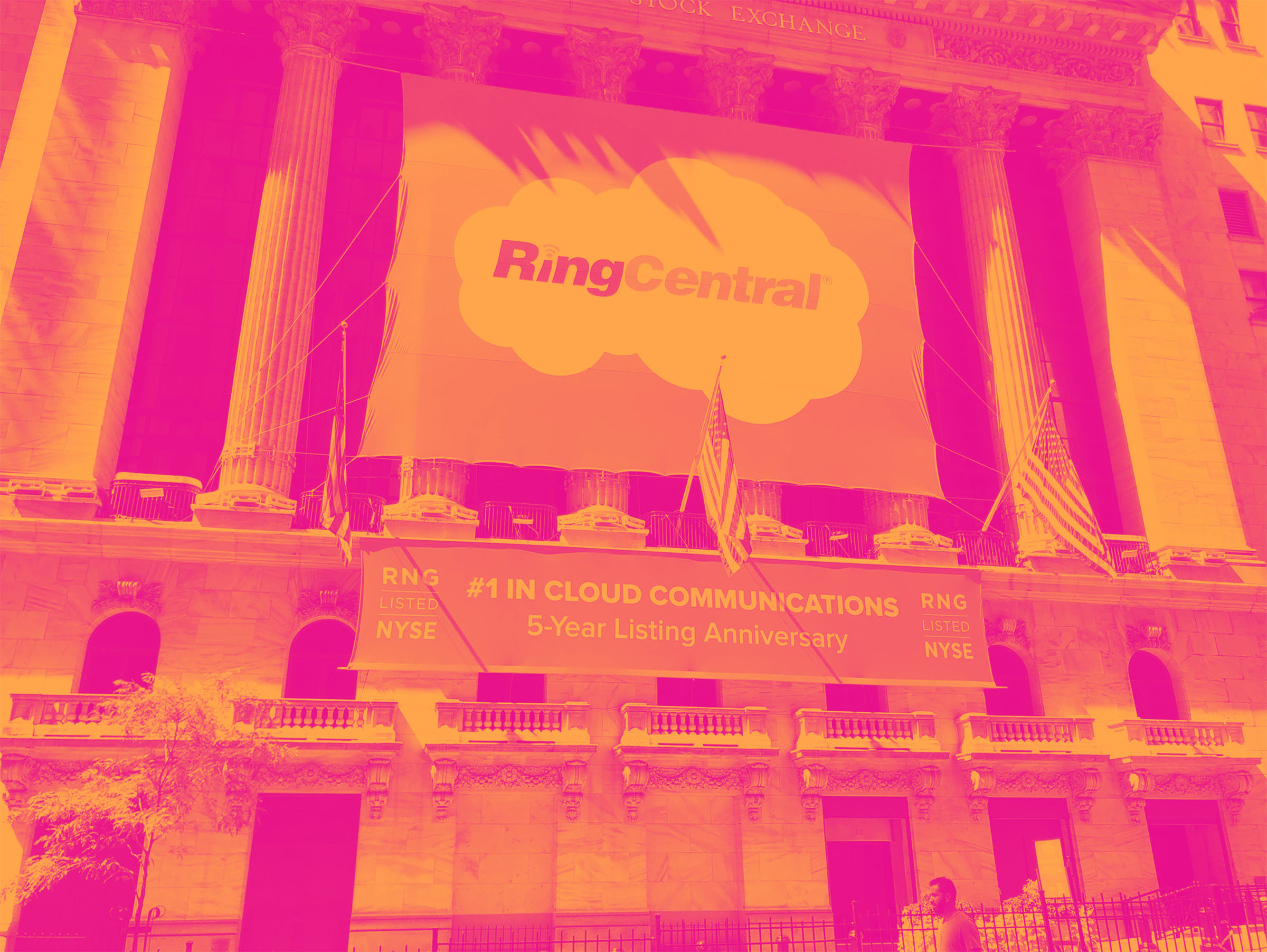
Investors looking for hidden gems should keep an eye on small-cap stocks because they’re frequently overlooked by Wall Street. Many opportunities exist in this part of the market, but it is also a high-risk, high-reward environment due to the lack of reliable analyst price targets.
Luckily for you, our mission at StockStory is to help you make money and avoid losses by sorting the winners from the losers. Keeping that in mind, here are three small-cap stocks to avoid and some other investments you should consider instead.
RingCentral (RNG)
Market Cap: $2.47 billion
Founded in 1999 during the dot-com era, RingCentral (NYSE: RNG) provides software as a service that unifies phone, text, fax, video calls and chat in one platform.
Why Does RNG Fall Short?
- Average ARR growth of 8.9% over the last year has disappointed, suggesting it’s had a hard time winning long-term deals and renewals
- Competitive market dynamics make it difficult to retain customers, leading to a weak 99.1% net revenue retention rate
- Estimated sales growth of 5% for the next 12 months implies demand will slow from its three-year trend
At $27.28 per share, RingCentral trades at 1x forward price-to-sales. Dive into our free research report to see why there are better opportunities than RNG.
Fastly (FSLY)
Market Cap: $952 million
Founded in 2011, Fastly (NYSE: FSLY) provides content delivery and edge cloud computing services, enabling enterprises and developers to deliver fast, secure, and scalable digital content and experiences.
Why Are We Out on FSLY?
- Sales trends were unexciting over the last three years as its 15.3% annual growth was below the typical software company
- Bad unit economics and steep infrastructure costs are reflected in its gross margin of 54.4%, one of the worst among software companies
- Unfavorable liquidity position could lead to additional equity financing that dilutes shareholders
Fastly’s stock price of $6.63 implies a valuation ratio of 1.6x forward price-to-sales. To fully understand why you should be careful with FSLY, check out our full research report (it’s free).
Apogee (APOG)
Market Cap: $1.04 billion
Involved in the design of the Apple Store on Fifth Avenue in New York City, Apogee (NASDAQ: APOG) sells architectural products and services such as high-performance glass for commercial buildings.
Why Are We Hesitant About APOG?
- Sales stagnated over the last five years and signal the need for new growth strategies
- High input costs result in an inferior gross margin of 24.3% that must be offset through higher volumes
- 2.3 percentage point decline in its free cash flow margin over the last five years reflects the company’s increased investments to defend its market position
Apogee is trading at $47.27 per share, or 9.6x forward price-to-earnings. If you’re considering APOG for your portfolio, see our FREE research report to learn more.
Stocks We Like More
The elections are now behind us. With rates dropping and inflation cooling, many analysts expect a breakout market - and we’re zeroing in on the stocks that could benefit immensely.
Take advantage of the rebound by checking out our Top 5 Growth Stocks for this month. This is a curated list of our High Quality stocks that have generated a market-beating return of 175% over the last five years.
Stocks that made our list in 2019 include now familiar names such as Nvidia (+2,183% between December 2019 and December 2024) as well as under-the-radar businesses like Axon (+711% five-year return). Find your next big winner with StockStory today for free.




